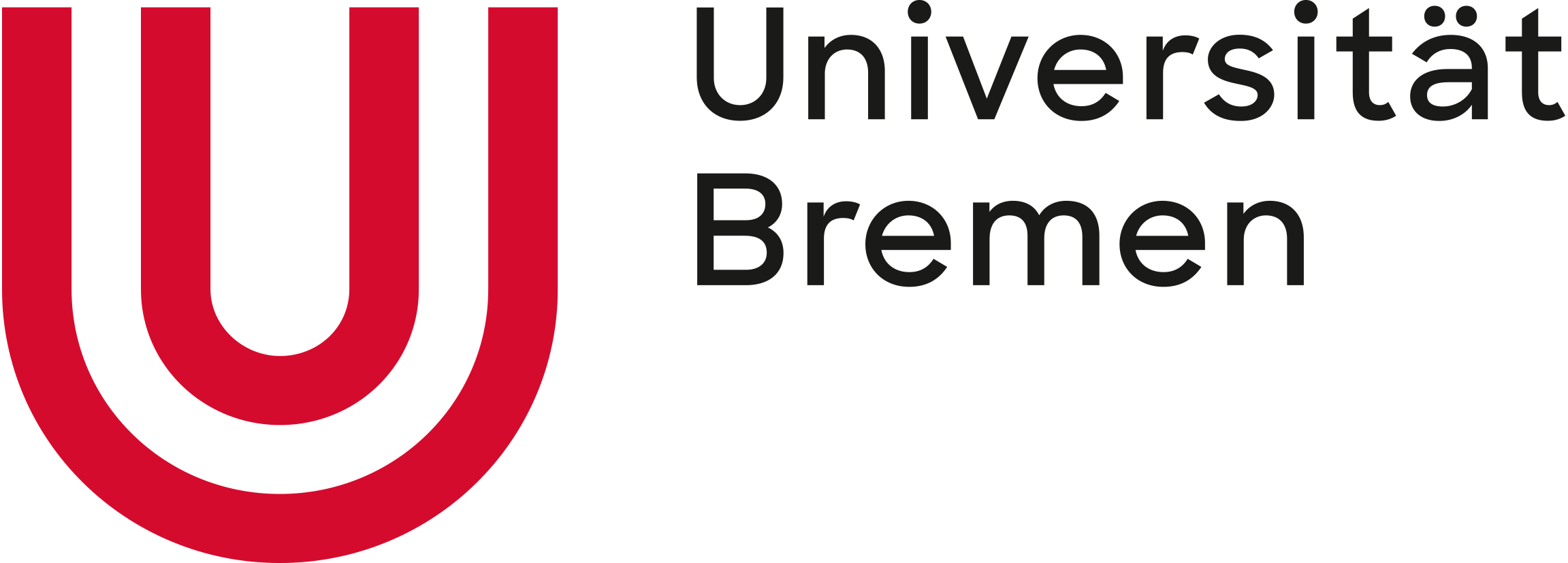Veranstaltung
Workshop "Spaces of Migration and Labour: Living – Articulating – Organizing"
24.05.2024 - 25.05.2024
English version below
Die Zahl ausländischer Arbeitskräfte hat sich in den letzten 10 Jahren mehr als verdoppelt, doch der deutsche Arbeitsmarkt ist noch lange nicht gesättigt. Migrantische Arbeiter*innen sind in prekären Beschäftigungsverhältnissen überrepräsentiert, in den Sektoren Reinigung, Bau, Fleischverarbeitung und Logistik, die für ihre schlechten Arbeitsbedingungen und die Nichteinhaltung von Schutzstandards bekannt sind. Diese Jobs befinden sich meist in gesetzlichen „Grauzonen“, die eine Reihe von legalen und informellen Praktiken kombinieren, wodurch Arbeitgeber Arbeitsrechte vorenthalten, die Verhandlungsmacht der Beschäftigten untergraben und verschiedene Formen der Abhängigkeit erzwingen. Darüber hinaus müssen migrantische Arbeiter*innen zahlreiche Eventualitäten (oder: Unwägbarkeiten) aus- oder verhandeln, wie z. B. eingeschränkter Zugang zu Sozialleistungen, suboptimale Wohnsituationen oder fragile Aufenthaltsrechte.
Die sozial- und migrationspolitischen Rahmenbedingungen federn das Ausbeutungsrisiko für prekär Beschäftigte kaum ab: bürokratisch erschwerter oder oftmals fehlender Zugang zu den sozialen Sicherungssystemen, aufenthaltsrechtliche Prekarität und prekäre Wohnverhältnisse verstärken sich gegenseitig und schaffen komplexe Wechselwirkungen.
Forscher*innen, Praktiker*innen und migrantische Öffentlichkeiten haben auf die Notwendigkeit hingewiesen, eines besonderen Fokus auf diese Gruppe von Beschäftigten zu legen, ihre komplexen Positionierungen und die Möglichkeiten, Solidaritäten und kollektive Kämpfe zu bilden.
Ziel dieses Workshops ist es, einen Austausch zwischen wissenschaftlichen, praxisbezogenen und alltäglichen Erfahrungs-Perspektiven zu ermöglichen, um einen gemeinsamen Verständnisrahmen über die aktuellen Bedingungen von Arbeit und Migration in Deutschland und darüber hinaus zu schaffen und die politischen Instrumente zu deren Bewältigung zu skizzieren.
Welche unterschiedlichen Gesichter hat prekäre Arbeit in verschiedenen Sektoren, Gruppen und Regionen? Welche Rolle spielen Zeit-/Leiharbeitsfirmen, Vermittler und Subunternehmer bei der Organisation von migrantischer Arbeit? Wie tragen solche Formen der Organisation von migrantischer Arbeit zur Normalisierung verschiedener Formen der Überausbeutung bei? Was können wir aus vergangenen und aktuellen Erfahrungen der Organisierung und des Kampfes zur Förderung kollektiver Interessen und zur Verbesserung der Arbeitsbedingungen lernen?
Die Veranstaltung findet auf Deutsch und Englisch statt. Übersetzungen sind vorgesehen.
The number of foreign workers has more than doubled in the last 10 years but the German labour market is far from being saturated. Migrant workers are overrepresented in precarious employment, in the sectors of cleaning, construction, meat processing, and logistics, which are notorious for their poor working conditions and non-observance of protection standards. These jobs usually exist in the ‘grey’ area of the law, combining a number of legalised and informal practices through which employers withhold labour rights, undermine workers’ bargaining power and enforce different forms of dependence. Furthermore, migrant workers need to negotiate multiple contingencies beyond work, such as limited access to welfare benefits, suboptimal housing situations or fragile residence rights.
The social and migration policy frameworks hardly cushion the risk of exploitation for precariously employed people: bureaucratically difficult or often non-existent access to social security systems, precariousness under residence law and precarious housing situations are reinforced and create complex interdependencies.
The social and migration policy frameworks hardly cushion the risk of exploitation for precariously employed people: bureaucratically difficult or often non-existent access to social security systems, precariousness under residence law and precarious housing situations are reinforced and create complex interdependencies.
Researchers, practitioners and migrant publics have voiced the need for a special focus on this group of employees, their complex positionalities and the opportunities for forging solidarities and collective struggles.
The aim of this workshop is to create space for exchange between intellectual, practice-based and first-hand perspectives that can carve out a common frame for understanding the current constellations of labour and migration in Germany and beyond and outline the political tools to address these.
What are the different faces of precarious work across sectors, groups and regions? What is the role of temporary employment agencies, intermediaries and subcontractors in the organization of migrant labour? How do such forms of organization of migrant labour contribute to the normalization of different forms of hyper-exploitation? What are the effects of migrant governance technologies in the spheres of rights, welfare, housing, etc. on the stratification of the workforce and the reproduction of migrant precariousness? How can we learn from past and present experiences of organization and struggle for promoting collective interests and improving working conditions?
The workshop will be held in German and English, translation will be provided.










